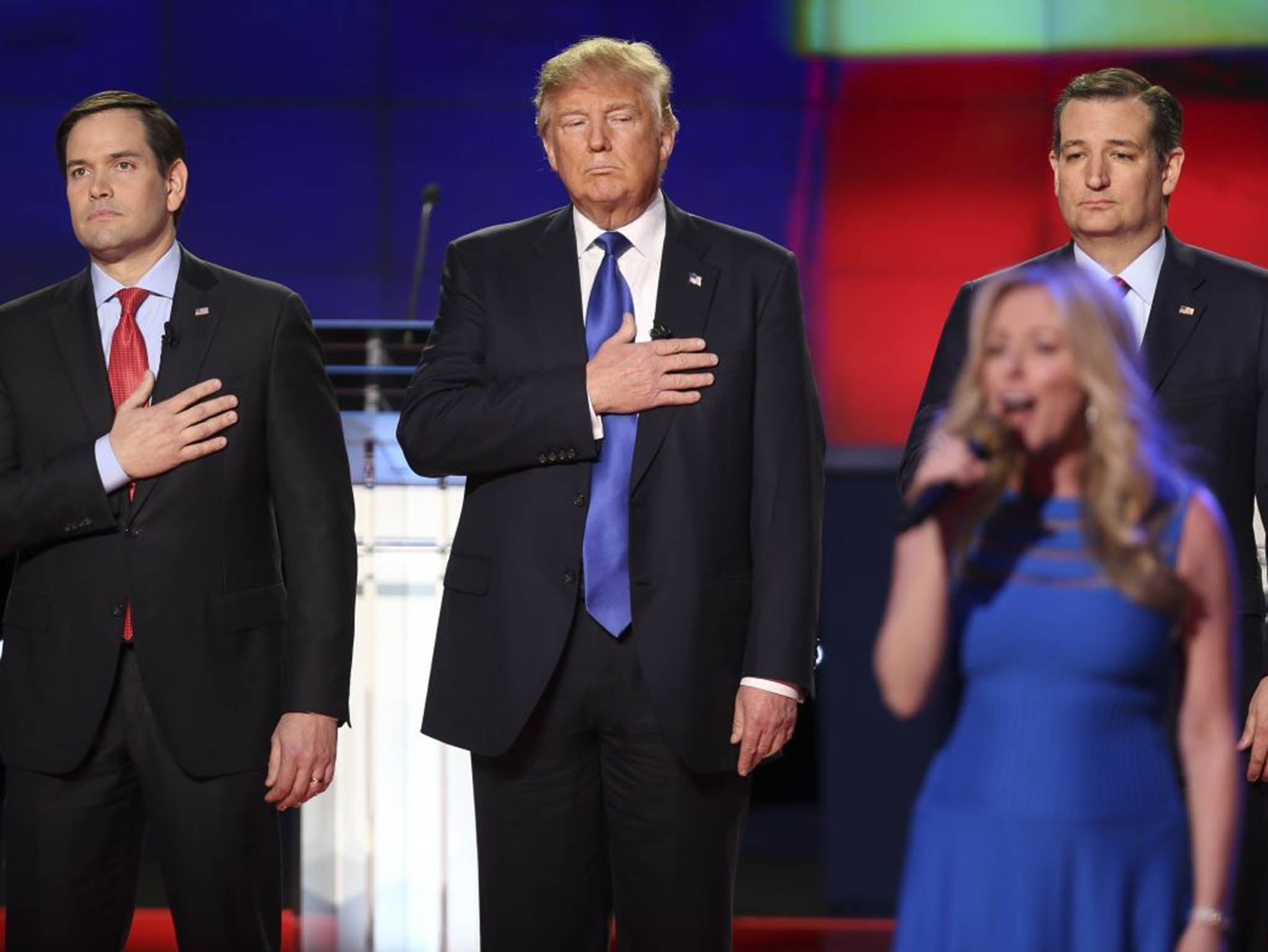What is Super Tuesday and why is it so important?
The Big Question: A total of 14 states and territories in the US will cast their votes for the presidential nominees on key day

Super Tuesday is among the most significant days in the run up to America's presidential election.
No other day sees more primary elections held across the US for the party's prospective candidates, or more delegates secured - making it a pivotal moment for those hoping to gain the Republican and Democrat nominations in their bid for the White House.
Which states vote on Super Tuesday?
Super Tuesday sees the residents of 14 states and territories cast their ballots for who they think should become the Republican or Democratic nominee. These are: Alaska, Alabama, Arkansas, Colorado, Georgia, Massachusetts, Minnesota, Oklahoma, Tennessee, Texas, Vermont, Wyoming and Virginia, while the territory of American Samoa also participates in the vote, as do Democrats living abroad.
Why is Super Tuesday so important?
One reason is that Super Tuesday marks the one day when the most primary elections are held across the United States. Another is that it proves which candidates are able to fund, organise and run a national campaign at scale, vying for votes in a range of states where voters have a diverse set of issues to be met. It means the day is seen as a sink-or-swim moment for candidates.
In addition to this, the candidates who triumph on Super Tuesday tend to go on to win their party’s nomination, as seen previously in the case of Bill Clinton, Al Gore, John Kerry, John McCain and Mitt Romney – though the pattern doesn’t always follow for winning their place in the White House.
How many delegates are chosen on Super Tuesday?
Delegates are what presidential candidates must secure in order to win their party’s nomination. These people tend to be party activists or local politicians who can help canvass votes from their constituencies. Each party also has ‘super delegates’ who tend to be high-ranking officials.
In pictures: US Elections 2016
Show all 15In the Democratic party, Mr Sanders or Ms Clinton must secure at least 2,383 out of 4,763 delegates to win the nomination, and on Super Tuesday the pair will be competing for 865 of them.
For a Republican candidate to win the nomination, they must secure at least 1,237 out of 2,472 delegates. During this vote, each candidate is vying for around a quarter of all delegates - 595.
Which are the key states?
Ms Clinton is expected to perform well against Mr Sanders in southern states – Georgia, Virginia, Arkansas, Alabama, and Texas.
Experts forecast Mr Sanders will do well in his home state of Vermont.
Texas and Georgia are key states because they house the most delegates for both Republican and Democrat votes.
Ted Cruz should be taking the lion’s share of the Republican vote in his home state of Texas, one of only two states where Donald Trump is not expected to sweep up GOP delegates.
The other is Georgia, where Marco Rubio is thought likely to give the businessman some tough competition.
Any departure from these forecasts will be seen as hugely significant in the race for the White House.
Subscribe to Independent Premium to bookmark this article
Want to bookmark your favourite articles and stories to read or reference later? Start your Independent Premium subscription today.

Join our commenting forum
Join thought-provoking conversations, follow other Independent readers and see their replies